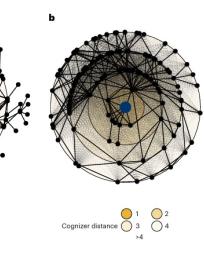
Citation:
Feltham, E., Forastiere, L. & Christakis, N.A. Cognitive representations of social networks in isolated villages. Nat Hum Behav (2025). https://doi.org/10.1038/s41562-025-02221-6

Citation:
Feltham, E., Forastiere, L. & Christakis, N.A. Cognitive representations of social networks in isolated villages. Nat Hum Behav (2025). https://doi.org/10.1038/s41562-025-02221-6

Citation:
Beghini F, Pullman J, Alexander M, Shridhar SV, Prinster D, Singh A, Matute Juárez R, Airoldi EM, Brito IL, Christakis NA. Gut microbiome strain-sharing within isolated village social networks. Nature. 2025 Jan;637(8044):167-175. doi: 10.1038/s41586-024-08222-1. Epub 2024 Nov 20. PMID: 39567691; PMCID: PMC11666459.
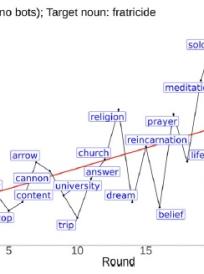
Citation:
Ueshima A, Jones MI, Christakis NA. Simple autonomous agents can enhance creative semantic discovery by human groups. Nature Communications. 2024 Jun 18;15(1):5212. doi: 10.1038/s41467-024-49528-y. PMID: 38890368; PMCID: PMC11189566.
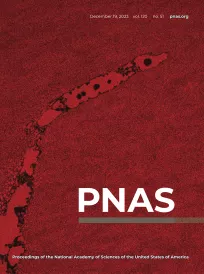
Citation:
H Shirado, S Kasahara, NA Christakis. "Emergence and collapse of reciprocity in semiautomatic driving coordination experiments with humans," PNAS, 2023 Dec 19;120(51):e2307804120. doi: 10.1073/pnas.2307804120. Epub 2023 Dec 11.
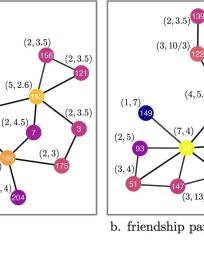
Citation:
Ghasemian A, Christakis NA. The enmity paradox. Sci Rep. 2023 Nov 16;13(1):20040. doi: 10.1038/s41598-023-47167-9. PMID: 37973933; PMCID: PMC10654772.
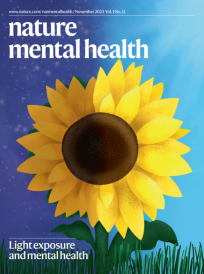
Citation:
Nishi, A., German, C.A., Iwamoto, S.K. et al. Status invisibility alleviates the economic gradient in happiness in social network experiments. Nat. Mental Health 1, 990–1000 (2023). https://doi.org/10.1038/s44220-023-00159-0
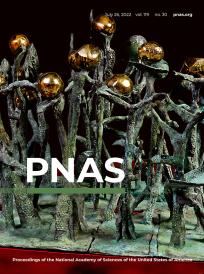
Citation:
M. Alexander, L. Forastiere, N. A. Christakis, and S. Gupta, “Algorithms for seeding social networks can enhance the adoption of a public health intervention in urban India,” PNAS, 119(30) e2120742119 (May 2022) DOI: https://doi.org/10.1073/pnas.2120742119
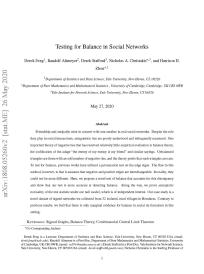
Citation:
D. Feng, Altmeyer R., D. Stafford, N. A. Christakis, and Zhou H., “Testing for Balance in Social Networks,” Journal of the American Statistical Association, 06/2020: 1-19 (May 2020) DOI: 10.1080/01621459.2020.1764850
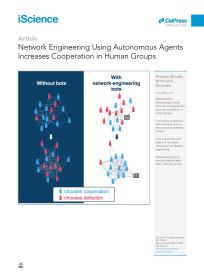
Citation:
H. Shirado and N. A. Christakis, “Network Engineering Using Autonomous Agents Increases Cooperation in Human Groups,” iScience, 23(9) (Aug 2020) DOI: 10.1016/j.isci.2020.101438
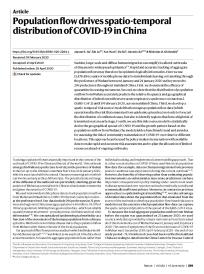
Citation:
J.S. Jia, X. Lu, Yuan Y., G. Xu, J. Jia, and N. A. Christakis, “Population flow drives spatio-temporal distribution of COVID-19 in China,” Nature, 582(7812), 389–394 (Apr 2020) DOI: 10.1038/s41586-020-2284-y